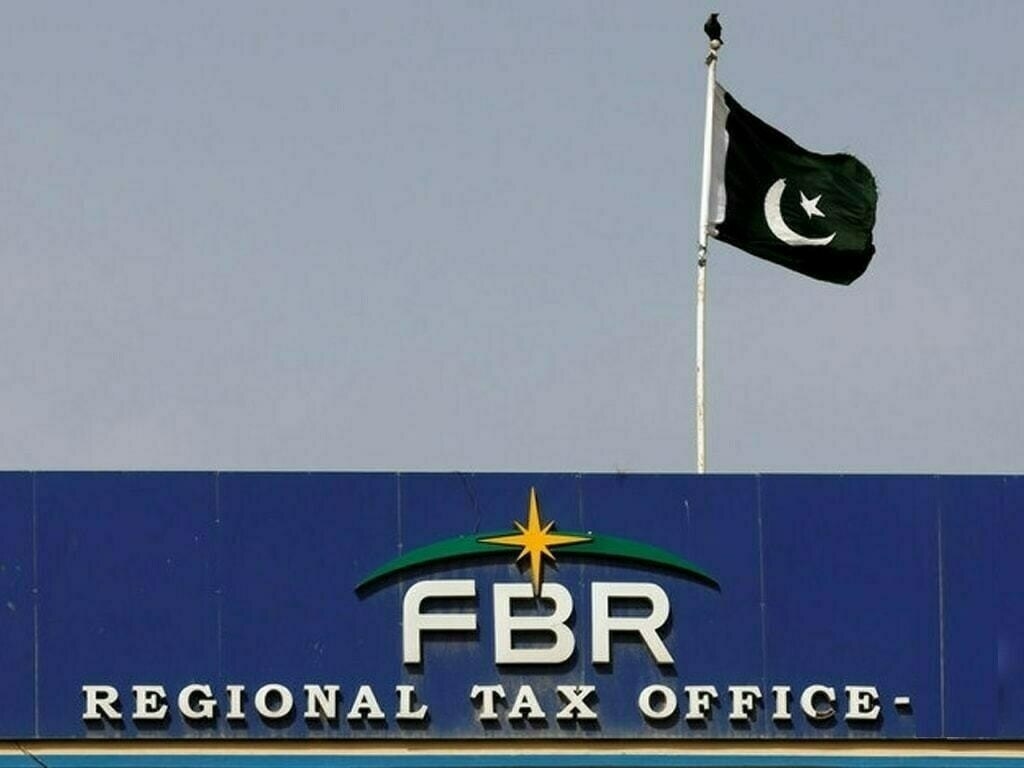Prime Minister Shehbaz Sharif has directed the Federal Board of Revenue (FBR) to explore options for reducing high income and sales tax rates after the government missed its four-month revenue target by Rs274 billion, The Express Tribune reported, citing official sources.
The FBR has been tasked with preparing models that align Pakistan’s tax structure with regional economies to prevent capital outflows and discourage skilled professionals from moving abroad. The proposal under consideration could inject up to Rs1.1 trillion into the economy through tax relief for businesses and individuals.
Preliminary proposals include cutting the corporate income tax rate from 29% to 25%, reducing the maximum individual tax rate from 45% to 25%, abolishing the 10% super tax, removing the 15% inter-corporate dividend tax, and lowering the general sales tax from 18% to 15%.
Officials estimate that these changes would carry an annual fiscal impact of Rs1.1 trillion, with Rs600 billion arising from the reduction in sales tax alone.
The plan remains in the early stages and will be reviewed by multiple government forums. However, officials said it is unlikely to be implemented before the conclusion of the current International Monetary Fund (IMF) bailout programme, as the Fund is expected to oppose measures that significantly reduce revenue.
According to the Tribune’s report, government officials acknowledged that despite higher tax rates, revenue collection remained below target, while companies and salaried workers continued to face financial strain. They added that excessive taxation — particularly advance income tax payments — has discouraged investment and contributed to capital flight.
According to FBR data, withholding tax collection from salaried individuals rose 55% in the last fiscal year to Rs605.6 billion, the highest after contract payments. The increase came after the number of income tax slabs was reduced and rates raised across most income categories.
Officials said the government’s objective is to make the tax system competitive and growth-oriented, while ensuring fiscal stability once the current IMF programme ends.
Discover more from Brackly News
Subscribe to get the latest posts sent to your email.



